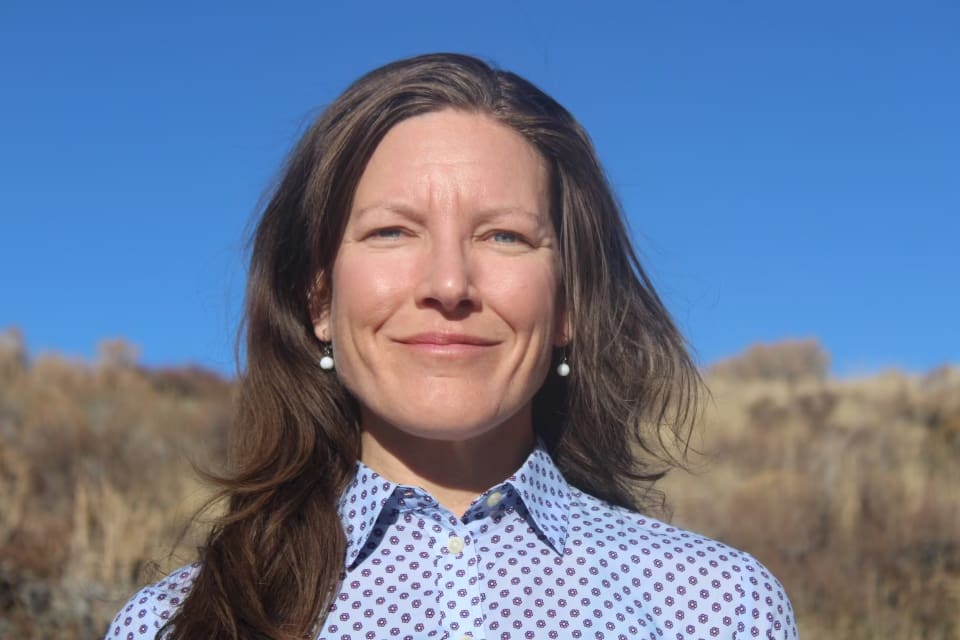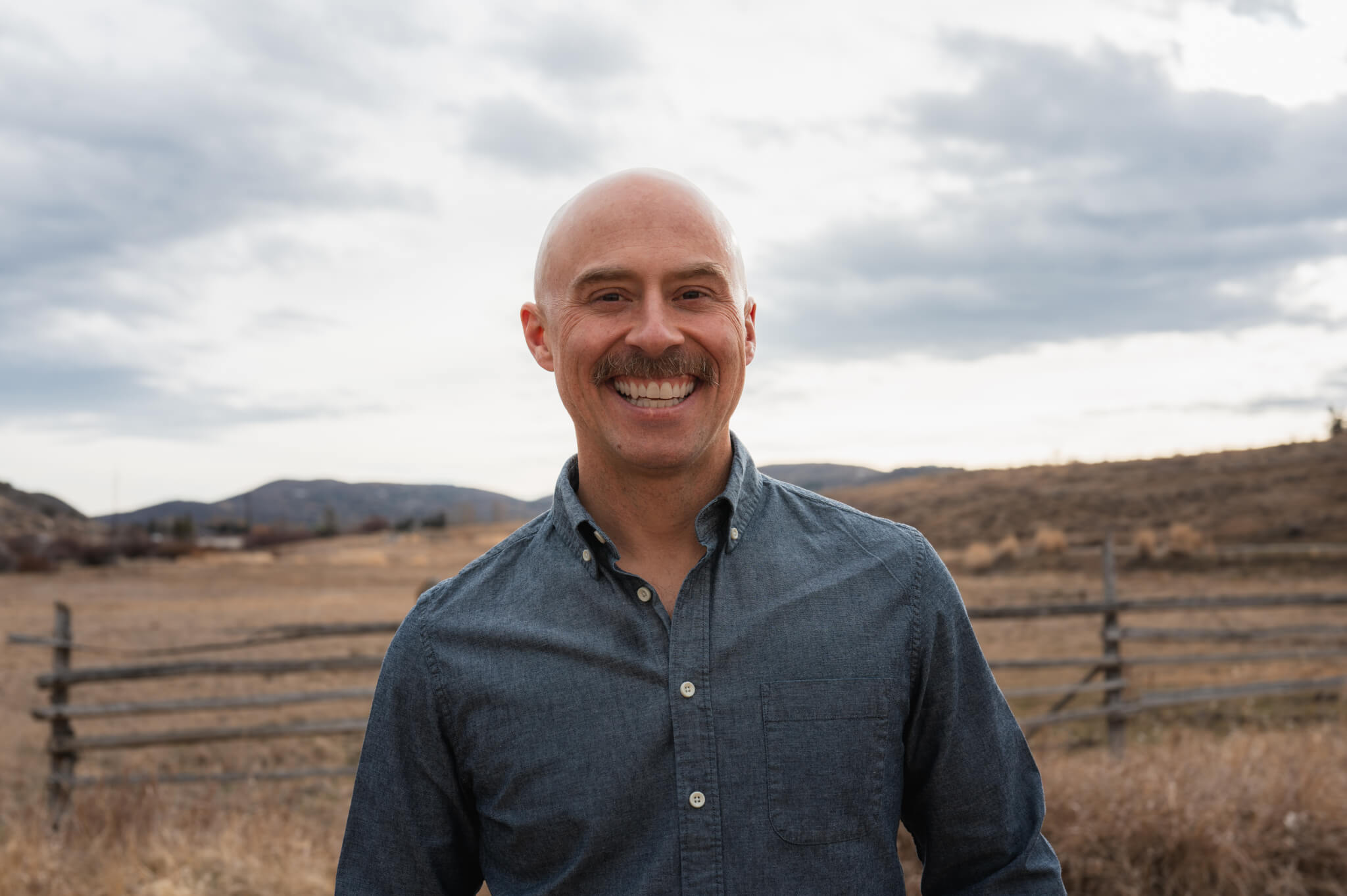Politics
Summit County Council candidate Megan McKenna speaks on her priorities if elected

County Council candidate Megan McKenna. Photo: Courtesy of Megan McKenna
SUMMIT COUNTY, Utah – Leading up to the primary elections on June 25th, Megan McKenna, candidate for Summit County Council Seat C, recently spoke with the TownLift to discuss her campaign and aspirations if elected to the seat during the general elections in November.
McKenna and Thomas Cooke are currently vying in the Democratic Primary, with one of them set to become the Democratic nominee for the Summit County Council Seat C position.
Active registered voters in Summit County received a ballot in early June. Primary Election ballots must be postmarked by June 24, 2024, the day before Election Day. If you wish to vote in person, visit a Voting Assistance Center during Early Voting or on Election Day if you did not receive your ballot in the mail or you need assistance with voting.
If elected, McKenna believes that she can bring a fresh perspective to the County Council.
“What I think I bring is a unique perspective and a different skill set that is not represented on the council. I also have several years of public service as a public school teacher and in the private sector,” McKenna said.
“As someone who grew up here in Summit County, and has been a longtime member of our local workforce, from the ski industry, the service industry, to public education and with a environmental science background, I think I bring a lot of different perspectives that I think would serve the council and the county.”
McKenna worked as a teacher at Park City High School for eleven years before transitioning to a housing advocate role working for the Mountainlands Community Housing Trust.
The experiences of working in Park City and as an affordable housing advocate has established her priorities for County Council if elected to the position, which will prioritize planning for the future.
“My platform is what I’m calling future forward. And it’s really focused on sustainability, affordability, responsible growth and regional collaboration,” McKenna said.
Part of McKenna’s vision for Summit County includes responsible and sustainable development.
“Unfortunately, there’s a lot of misconception out there. As someone who advocates for affordable housing, I think some people think that means that I am pro-growth or pro-development, and really I am pro-responsible development and pro-responsible and sustainable growth,” McKenna explained.
“I think change is inevitable, but I think the inability and affordability are not, and this needs to be thoughtfully planned and incorporated into any future development. So I’m supportive of affordable housing where we have the infrastructure to support it.”
According to McKenna, supporting infrastructure for new developments constitutes easy access to public transport.
McKenna would also be in favor of new developments having to meet a specific quota of affordable units.
“I am certainly supportive of a requirement or affordable housing,” McKenna said. “I do support the county negotiating with developers to increase the amount of affordable housing and the range of affordability.”
In terms of what developments McKenna would be in favor of, she believes that the preexisting infrastructure and the location of any newly proposed project would be the determining factor.
“I think context is everything,” McKenna said when asked about her stance on new development projects. “It depends on the location, and what type of development is appropriate there.
“I think that there is a need for multifamily housing rental units apartments, and there’s also a need for for single family homes. The location really determines what what type of development is appropriate.”
McKenna again stressed the fact that access to public transit and the infrastructure nearby would be a crucial aspect of wether she would support a new project or not.
“More density and height, like a multifamily structure, makes a lot of sense where jobs are and where we have the infrastructure to support it, and where we have transit available. I would not be supportive of putting that somewhere where we didn’t have the infrastructure to support it.”
In terms of how McKenna would approach the affordable housing problem and come up with a solution, she believes in a regional plan to address the needs of the County.
“I am supportive of a regional strategic housing plan,” McKenna explained. “I think a housing authority would be a good start. I would be supportive of the county starting a regional housing authority and I think a benefit from that could be strategic planning, partnering with our neighbors, with our local municipalities, but also our neighboring counties to help determine the best practices moving forward to give tools to and support to all of our neighbors.”
Acknowledging that the housing issue is a multifaceted problem, McKenna also mentioned she would be in favor of public-private partnerships, deed restrictions, and addressing the large amount of units that are nightly rentals.



















